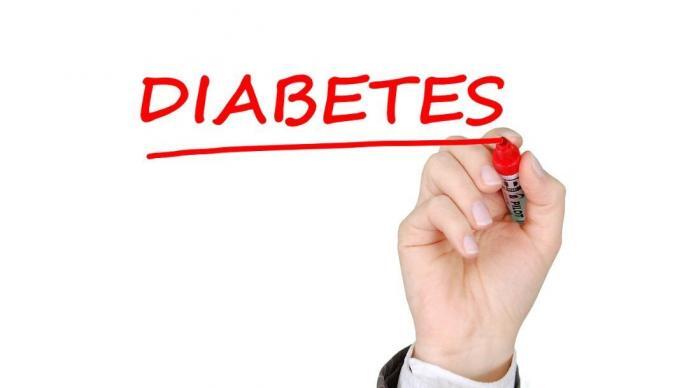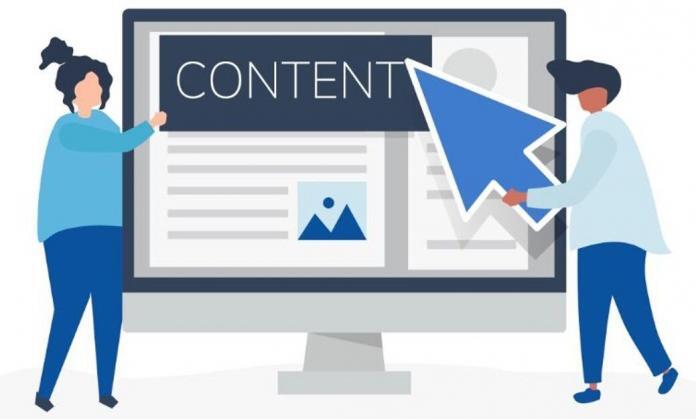- Introduction
- Hyperglycemia Causes
- Hyperglycemia Symptoms
- Hyperglycemia Management Tips
- Role of Insulin Pumps in Hyperglycemia Management
- Conclusion
Introduction
Hyperglycemia, a high blood sugar condition, is a big problem for people with diabetes. It’s important to understand its causes, and symptoms, and how to manage it effectively for good health. Think of it as a blood sugar rollercoaster gone wild, causing trouble in your body. It can happen due to not having enough insulin, insulin not working properly, not being active enough, eating too many high-carb foods, or feeling stressed out. Look for signs like being really thirsty all the time, always feeling hungry, having to pee a lot, feeling tired all the time, or having blurry vision. Now, let’s take control of this unruly situation! By checking your blood sugar regularly, following a personalized diet, staying active with exercise, and taking your prescribed medicines on time, we can win this battle. Together, armed with knowledge and self-care, we will overcome hyperglycemia, keep ourselves healthy, and defy the odds.
Hyperglycemia Causes
Hyperglycemia can arise from several factors, primarily related to insufficient insulin production or impaired insulin function within the body. The following are the key causes of hyperglycemia:
- Poor Insulin Production: In individuals with type 1 diabetes, the pancreas fails to produce adequate insulin, a hormone responsible for regulating blood sugar levels. Without sufficient insulin, glucose cannot enter cells for energy, leading to increased blood sugar levels.
- Insulin Resistance: Type 2 diabetes is often associated with insulin resistance. In this condition, the body’s cells become resistant to the effects of insulin, making it difficult for glucose to enter the cells and resulting in elevated blood sugar levels.
- Medications and Health Conditions: Certain medications, such as corticosteroids, can cause temporary spikes in blood sugar levels. Additionally, health conditions such as hormonal disorders and infections can contribute to hyperglycemia.
Hyperglycemia Symptoms
Identifying the symptoms of hyperglycemia is crucial for early detection and prompt management. Here are the common signs and symptoms associated with hyperglycemia:
- Increased Thirst and Frequent Urination: Excessive glucose in the blood can lead to increased thirst and frequent urination as the body attempts to eliminate excess sugar.
- Fatigue and Weakness: Hyperglycemia can result in feelings of fatigue and weakness due to the inability of cells to properly utilize glucose for energy.
- Blurred Vision: High blood sugar levels can cause temporary changes in the shape of the lens in the eye, leading to blurred vision.
- Slow Healing Wounds: Hyperglycemia can impair the body’s ability to heal wounds and injuries, making the healing process slower than usual.
- Recurring Infections: Elevated blood sugar levels weaken the immune system, making individuals more susceptible to infections, particularly in the urinary tract, skin, and gums.
Hyperglycemia Management Tips
Managing hyperglycemia effectively is crucial for maintaining optimal health and preventing complications. Here are some essential tips for managing hyperglycemia:
Healthy Eating Habits:
Adopting a balanced diet that prioritizes whole grains, lean proteins, fruits, vegetables, and healthy fats is crucial for maintaining healthy blood sugar levels. It is important to limit the consumption of sugary foods and beverages as well. A balanced diet refers to eating a variety of nutrient-rich foods in appropriate portions to meet your body’s nutritional needs. Including whole grains like whole wheat, brown rice, and oats provides fiber, which can help regulate blood sugar levels. Lean proteins such as poultry, fish, tofu, and legumes are excellent choices as they don’t raise blood sugar levels significantly. You can also add certain dietary supplements to your meal plan that manage your diabetes appropriately.
Regular Physical Activity:
Regular exercise is super important for your body to make good use of glucose and keep your blood sugar levels in check. These activities get your heart pumping and your breathing going, which helps your body grab glucose. Don’t forget about strength training too! It builds up your muscles and makes them stronger, which improves how well your body handles insulin and glucose. So, make exercise a regular part of your routine to keep your blood sugar in balance and your metabolism in tip-top shape!
Medications and Insulin Therapy:
For individuals with diabetes, effectively managing hyperglycemia often involves the use of medications or insulin therapy. It is essential to consult with a healthcare professional who specializes in diabetes care to determine the most suitable medications or insulin regimens tailored to your specific needs. Diabetes is a complex condition, and the treatment approach varies from person to person. A healthcare professional will evaluate your medical history, conduct necessary tests, and consider factors such as your blood sugar levels, lifestyle, and overall health to develop an individualized treatment plan. They will guide you in selecting the appropriate medications or insulin therapy, educate you on their usage, and provide ongoing monitoring and adjustments as needed.
Blood Sugar Monitoring:
Regular monitoring of blood sugar levels through self-testing is crucial in managing hyperglycemia. This helps you track your progress, identify patterns, and make necessary adjustments to your treatment plan. To monitor your glucose levels with high accuracy, you can use continuous glucose monitoring (CGM) systems. Freestyle Libre 3 Sensor is one of the most innovative and precise CGM devices that can help you in this regard. You can also take advantage of Dexcom G7 for this purpose which is also famous for its accuracy and modern technology.
Stress Management:
Stress has a profound impact on blood sugar levels, and implementing effective stress management techniques is crucial for maintaining overall health. Engaging in deep breathing exercises, meditation, or participating in activities that bring joy and fulfillment can help keep stress levels in check. Deep breathing exercises promote relaxation by activating the body’s relaxation response, reducing stress hormones, and stabilizing blood sugar levels. Meditation practices, such as mindfulness meditation, cultivate a state of present-moment awareness, which can alleviate stress and its adverse effects on blood sugar regulation.
Role of Insulin Pumps in Hyperglycemia Management
Insulin pumps are small devices that deliver a continuous supply of insulin to individuals with diabetes. They mimic the function of a healthy pancreas by providing a steady flow of insulin throughout the day, with additional doses available for meals or correction boluses. Omnipod 5 G6 Intro Kit is one of the best insulin delivery systems available in the market.
Benefits of Insulin Pumps for Hyperglycemia:
Insulin pumps offer several advantages for managing hyperglycemia. They provide precise insulin dosing, flexibility in mealtime insulin administration, and the ability to fine-tune basal rates to match individual needs. This can lead to improved blood sugar control and reduce the risk of hypoglycemia.
Proper Usage and Maintenance of Insulin Pumps:
It is essential to receive proper training on using and maintaining an insulin pump. Regularly checking blood sugar levels, changing infusion sets, and maintaining insulin pump hygiene is crucial for optimal performance and to minimize the risk of infections or pump malfunction.
Conclusion
Understanding hyperglycemia, its causes, symptoms, and management tips is vital for individuals with diabetes to maintain optimal health and prevent complications. By adopting healthy lifestyle habits, closely monitoring blood sugar levels, and working with healthcare professionals to determine the most suitable treatment plan, individuals can effectively manage hyperglycemia and lead fulfilling lives. Additionally, for some individuals, insulin pumps can provide added convenience and precise insulin delivery, contributing to better blood sugar control. Remember, early detection, education, and proactive management are key to successful hyperglycemia management.
You may want to read more,








